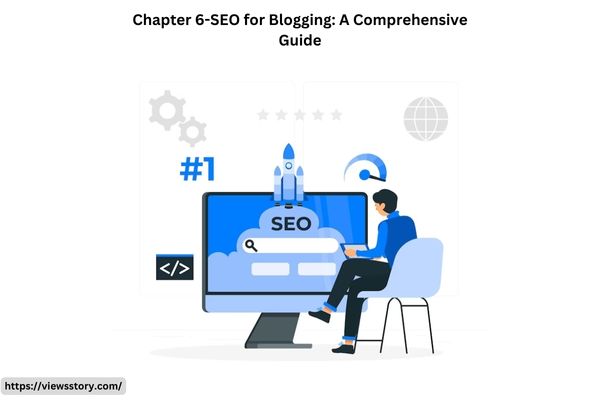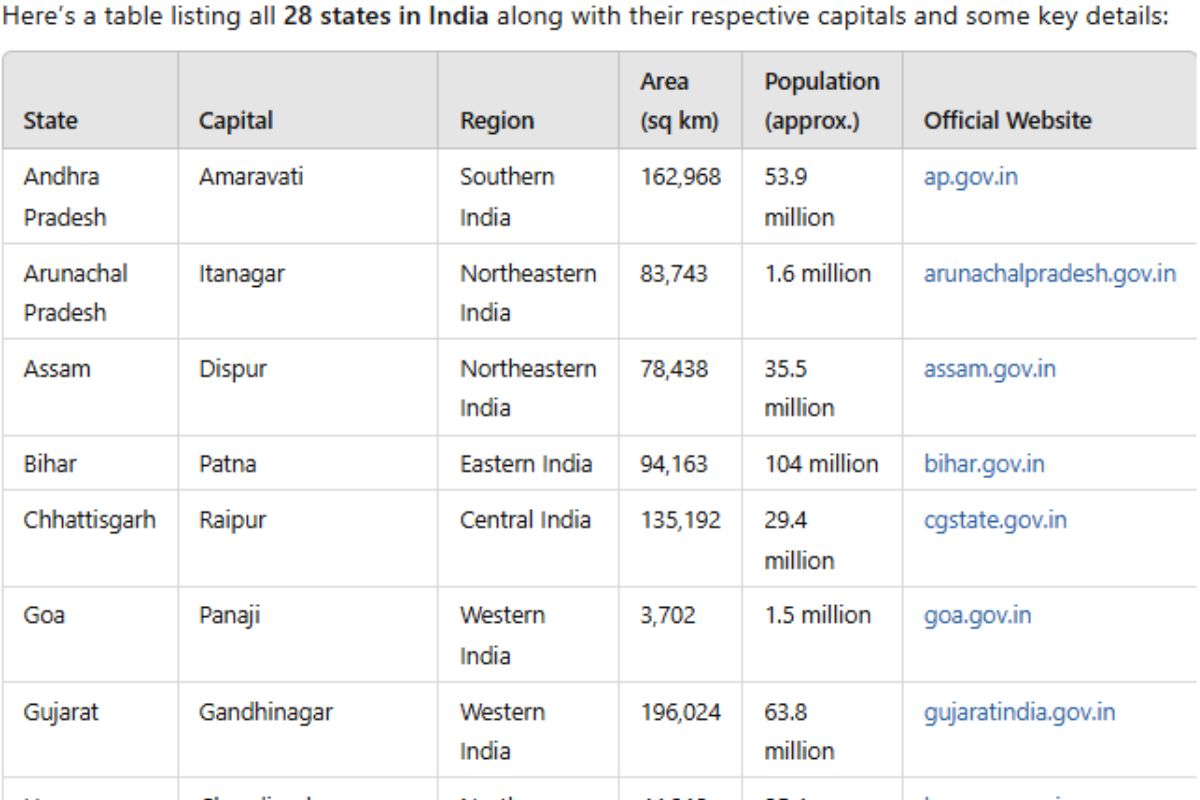
Search Engine Optimization (SEO) is a vital component of successful blogging. It helps your blog rank higher in search engine results, attracting more organic traffic and increasing your online visibility. In this comprehensive guide, we’ll delve into the world of SEO for blogging, covering key strategies, best practices, and tips to boost your blog’s search engine performance.
Before Reading this read our previous blog chapter for better experienced :
- Blogging Ideas: Fueling Your Creativity
- Blogging Tips: Unlocking the Secrets to Successful Blogging
- How to Make Money Blogging: A Comprehensive Guide
- Best Blogging Platforms: Finding the Perfect Home for Your Blog
- How to Start a Blog: A Step-by-Step Guide for Beginners
Understanding SEO
To kick things off, let’s start with the basics:
1. What is SEO?
SEO is the process of optimizing your blog’s content and structure to improve its visibility on search engines like Google, Bing, and Yahoo. The goal is to rank higher in search results, making it easier for users to find and access your blog.
2. Why is SEO Important for Blogging?
- Increased Visibility: Higher rankings mean more people will discover your blog.
- Organic Traffic: SEO can bring in consistent, free traffic.
- Credibility: A well-optimized blog is seen as more trustworthy.
- User Experience: SEO enhances the overall user experience on your blog.
On-Page SEO
3. Keyword Research
Keyword research is the cornerstone of effective SEO. Use tools like Google Keyword Planner, SEMrush, or Ahrefs to find relevant keywords for your blog. Incorporate these keywords naturally into your content.
4. Quality Content
Create high-quality, informative, and engaging content that provides value to your readers. Google rewards blogs with well-researched, original content.
5. Meta Tags
Optimize your blog’s meta tags, including title tags and meta descriptions, to make your content more appealing in search results.
6. Heading Tags
Use proper heading tags (H1, H2, H3, etc.) to structure your content. These tags help search engines understand your content’s hierarchy.
7. Internal Linking
Link to your other blog posts where relevant. Internal linking helps search engines navigate your site and understand the relationships between different articles.
Off-Page SEO
8. Backlinks
Backlinks are links from other websites to your blog. They’re a powerful signal of your blog’s authority and quality. Build high-quality backlinks through guest posting, outreach, and creating shareable content.
9. Social Signals
Engage with your audience on social media. Likes, shares, and comments on your blog posts can positively impact your SEO.
Technical SEO
10. Mobile Optimization
Ensure your blog is mobile-friendly. Google’s algorithm prioritizes mobile-responsive sites.
11. Page Speed
Optimize your blog for fast loading times. Slow-loading sites can lead to higher bounce rates and lower rankings.
12. XML Sitemaps
Create an XML sitemap to help search engines index your blog’s content effectively.
13. Secure (HTTPS)
Switch to HTTPS to ensure a secure connection. Google gives preference to secure sites.
Monitoring and Analytics
14. Google Analytics
Install Google Analytics to monitor your blog’s performance. Track metrics like traffic, user behavior, and conversions.
15. Google Search Console
Use Google Search Console to see how your blog appears in search results and identify any issues that need fixing.
SEO Tools and Resources
16. SEO Plugins
For WordPress users, plugins like Yoast SEO and All in One SEO Pack can simplify on-page SEO.
17. SEO Communities and Blogs
Join SEO forums and read reputable SEO blogs to stay updated on the latest trends and techniques.
Conclusion
SEO for blogging is an ongoing process. Search engines continually update their algorithms, so it’s essential to adapt and refine your SEO strategy. By implementing the strategies outlined in this guide, you’ll be well on your way to improving your blog’s search engine rankings and attracting a more extensive and engaged audience. Remember, patience and persistence are key in the world of SEO, so keep learning and refining your approach to achieve long-term success. Happy blogging!
Read our complete series of successfully blogging :
Blog Series: The Ultimate Guide to Successful Blogging
Chapter 1 : How to Start a Blog: A Step-by-Step Guide for Beginners
Chapter 2 : Best Blogging Platforms: Finding the Perfect Home for Your Blog
Chapter 3 : How to Make Money Blogging: A Comprehensive Guide
Chapter 4 : Blogging Tips: Unlocking the Secrets to Successful Blogging
Chapter 5 : Blogging Ideas: Fueling Your Creativity
Chapter 6 : SEO for Blogging: A Comprehensive Guide
Chapter 7 : Social Media for Blogging: A Comprehensive Guide
Chapter 8 : Blog Promotion: Strategies to Boost Your Blog’s Reach and Influence
Chapter 9 : Blog Monetization: Turning Your Passion into Profit
Chapter 10 : Blogging Niche: Finding Your Blog’s Unique Path





